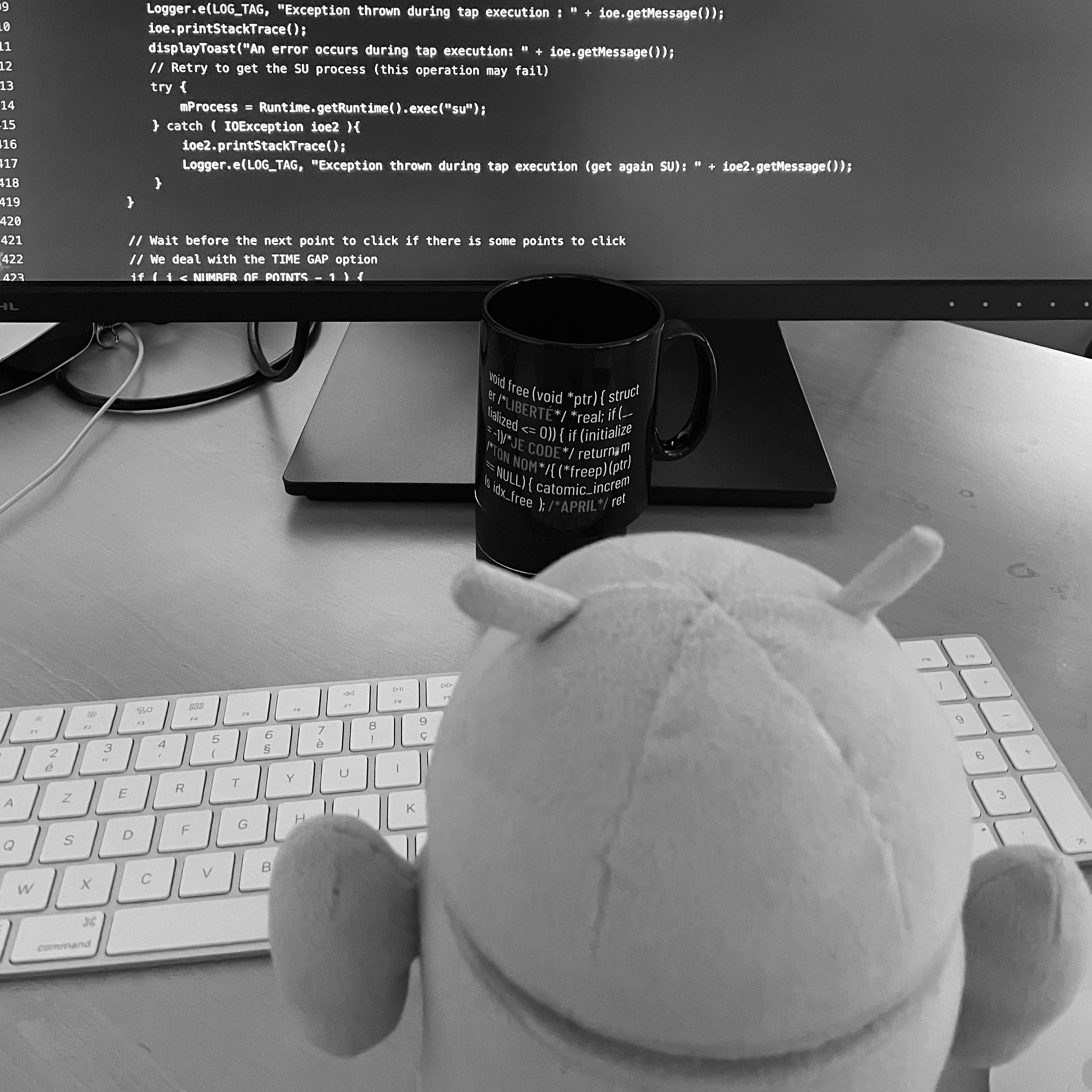

Yeah, reach the FSF like explained in previous comments. Or maybe contact some attorney if it matters because you may face expensive litigations… Big companies are not friendly. Or maybe contact the SFC (https://sfconservancy.org/).
Software crafter and digital punker keen on open source, iOS and Android apps. Interested in software ecodesign, privacy and accessibility too. pylapersonne.info


Yeah, reach the FSF like explained in previous comments. Or maybe contact some attorney if it matters because you may face expensive litigations… Big companies are not friendly. Or maybe contact the SFC (https://sfconservancy.org/).


Interesting. Thank you for sharing, didn’t know openhub!


Why did you say Write Freely seems to be dead? According to their GitHub organisation repositories, the backend has a release tagged 4 months ago and the iOS app 3 months ago.


In software ecosystem indeed there is an issue about the word “free” which can mean “free of charge” or “libre”, that is the reason why the term FOSS should be replaced by FLOSS.
In this very software world, the OSI defined “open source” by 10 conditions. The FSF defined also since eons the term “free / libre” by 4 liberties. These two things are the base of trust and understanding for every one.
For several years capitalist companies try to redefine these words because cannot bear to see that communities dislike or hate how they change the licences of their products (e.g. Elastic with BSL, Mongo with SSPL, Terraform with BSL too). They try to get excuse and fake reasons to be allowed to change the definitions but they are not legit at all.
About your example for a “free and anticapitalist” license, it cannot by “free” because one of the four liberties of the “free” definition is not filled.
However this is an interesting point because there is a new family of licences which appeared several years ago: the ethical licenses brought by the Organisation for Ethical Source (https://ethicalsource.dev/) which define the term « ethical source » by 7 principles. You can get more details about the anti-capitalist license here: https://anticapitalist.software/).
In few words, we must keep the OSI, FSF and OES definitions for open source, free and ethical source words because there are meanings, history, facts and fights behind. If they are disturbing for people or if people disagree, they have to create something else. Not change the definition for pure rebranding.


There is one definition of free in FLOSS. The FSF definition.


If it is your project, no need to get headaches about this. However keep for example the stuff like “Copyright YEAR - your-name” and say it’s under GPL 3 license. But nothing more.


It is kind of copyfarleft, so by essence it is it open source according to the OSI definition (which must by the only definition to use), more free / libre according to the FSF definition (which is the only definition also to keep).


Interesting! Do you remember where you got this chart?


You can for example have a look on the online resource below:
https://www.securemessagingapps.com/
It is very interesting with a big comparison grid between plenty of messaging solutions.


Why not using Firefox, Firefox Focus or Brave?
That is the reason why some developers are “full stack”. All computers are stacked 🤪